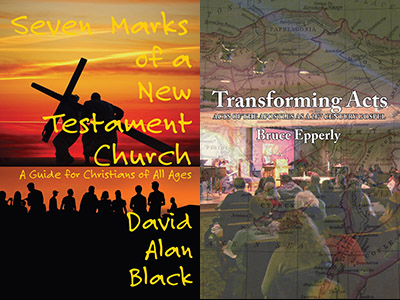In Which I Question My #UMC Membership Vows
There’s been a great deal of talk about schism in the United Methodist Church (#UMC) over the last couple of days. It hasn’t disturbed me in the way it has disturbed many of my friends, but it has made me ask this question: Why?
No, not why might we have schism. Why don’t I care more?
I’ve said before that if I left the UMC, it would doubtless have something to do with apportionments. I don’t have a problem with the basic concept, and unlike many, my problem is not that some of my apportionments might support someone who takes some particular stance on homosexuality. I’m sorry, but in a complacent, self-satisfied, rich, apathetic, and unaware American church, a church that is spending much more on maintaining its institutions than on building the kingdom of God, I can’t convince myself that homosexuality is the most important issue we have. How we treat other people, yes. Institutional rules, no.
Here’s an example. Via Allan Bevere (also an Energion author), I discovered the suggestion that the United Methodist Church officially embrace the Nicene Creed, which we apparently don’t. The problem? It would take us a minimum of eight years to accomplish this mission. Then we’d be protected from false doctrine, like all the other churches who embrace the Nicene Creed. Oops!
Don’t get me wrong. I do, in fact, embrace that creed. I’m just thinking that having our general conference debate the issue for the next 8+ years isn’t really going to help us much.
I think it’s my view of denominations. I think denominations are should be a good way for us to group our resources so we can be more effective in building the kingdom of God. Single congregations have some limitations in terms of resources, so they need to work together. I didn’t (and don’t) think it’s necessary or good for all our connections to be within our denomination. I don’t think it’s a good thing when we build our denomination instead of building the kingdom. I think that the amount of time, effort, and money, not to mention words, that is spent on institutional issues indicates that our priorities are not right.
The question I’d ask about schism in the UMC is this: How can we get on with the work of the gospel with the least disruption?
Let’s forget about who owns buildings, and who we like and who we don’t. Go about it in a Christ-like manner. Let people form the institutions they think they need. I personally doubt I’d like either half of a split UMC, but I don’t have to like it. I just have to find the place God calls me to minister. It’s as likely I could find a congregation where God called me to be after as before.
And if you don’t mind, I’m a Christian first and a member of a United Methodist congregation second. As a Christian, I’m going to go right on embracing the Nicene Creed. Don’t go it alone? I’m not. There are hundreds of millions of Christians who do so along with me. We don’t need another eight year debate.
That’s my primary loyalty. To the gospel. As long as I’m a part of a United Methodist congregation, I’ll support it with my prayers, presences, gifts, service, and witness. But if God calls or the institution falls, I’ll go right on following where the Lord leads as best as I can.

Henry, sounds to me like you’d make a great Disciple of Christ denomination member! We’d be proud to have you. Your priority of kingdom over denomination (when a choice has to be made) strikes me as the single worst aspect of denominationalism when not observed. You would be free to adhere to the Nicene Creed, although we would insist that you don’t compel anyone else to. And apportionments wouldn’t be a problem: we have no money! BTW, there may be millions of people who say the creed but one in 100,000 actually knows what those words mean. Filioque anyone?
Ah yes, but filioque is such fun! 🙂